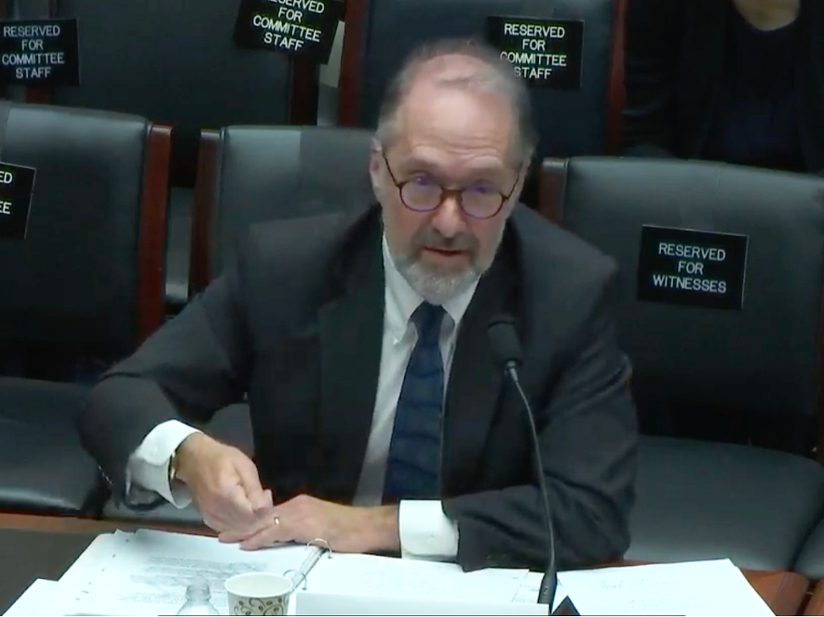
Read a full transcript of Weil’s congressional testimony.
Watch the full joint subcommittee hearing.
Dean David Weil testified before the U.S. House of Representatives in a joint subcommittee hearing on “The Future of Work: Preserving Worker Protections in the Modern Economy” today in the nation’s capital. In his testimony, Weil called upon his expertise as a labor economist and academic as well as his service as President Obama’s administrator of the Wage and Hour Division of the U.S. Department of Labor from 2014 to 2017.
In his opening remarks, Weil noted that “the future of work” has become a prevalent topic of academic and policy discourse over the last several years. Although these convenings tend to focus on technology-based changes to the labor market (such as robotics and artificial intelligence), Weil explained that these changes affect a relatively small segment of the workforce when compared to other phenomena, such as wage and benefits stagnation, the decline of labor unions, and the growth of outsourcing and subcontracting.
Of the latter, Weil said, “This change in both the present and future structure of work is what I have termed the ‘fissured workplace.’ The phrase encompasses increased outsourcing, contracting and subcontracting, franchising in its many forms, and most recently platform business models.
“The fissured workplace model has allowed employers to shift risks and responsibilities onto workers and incentivized the misclassification of employees as independent contractors. Its impacts on workers span a range of outcomes including lower wages, fewer benefits, unreliable hours, and limited or no labor and employment protections.”
Weil estimates that 23 million workers are employed in highly fissured industries, several of which are projected to be among the fastest growing. Furthermore, workers who are classified as independent contractors are not protected by minimum wage or overtime laws and do not have access to unemployment insurance, worker’s compensation, or the ability to collectively bargain.
In the concluding remarks of his testimony, Weil stressed that these transformational changes to the workplace have resulted in workplace policies that fail to adequately protect many workers or hold their employers appropriately responsible.
“It is important to remember,” said Weil, “that the problematic consequences of the fissured workplace are not the result of inexorable forces that cannot be stopped. They arise from deliberate choices made by businesses and organizations. That means the present and the future of workers can likewise be affected by the conscious choices of policy makers in the public, private, and non-profit sectors.”
